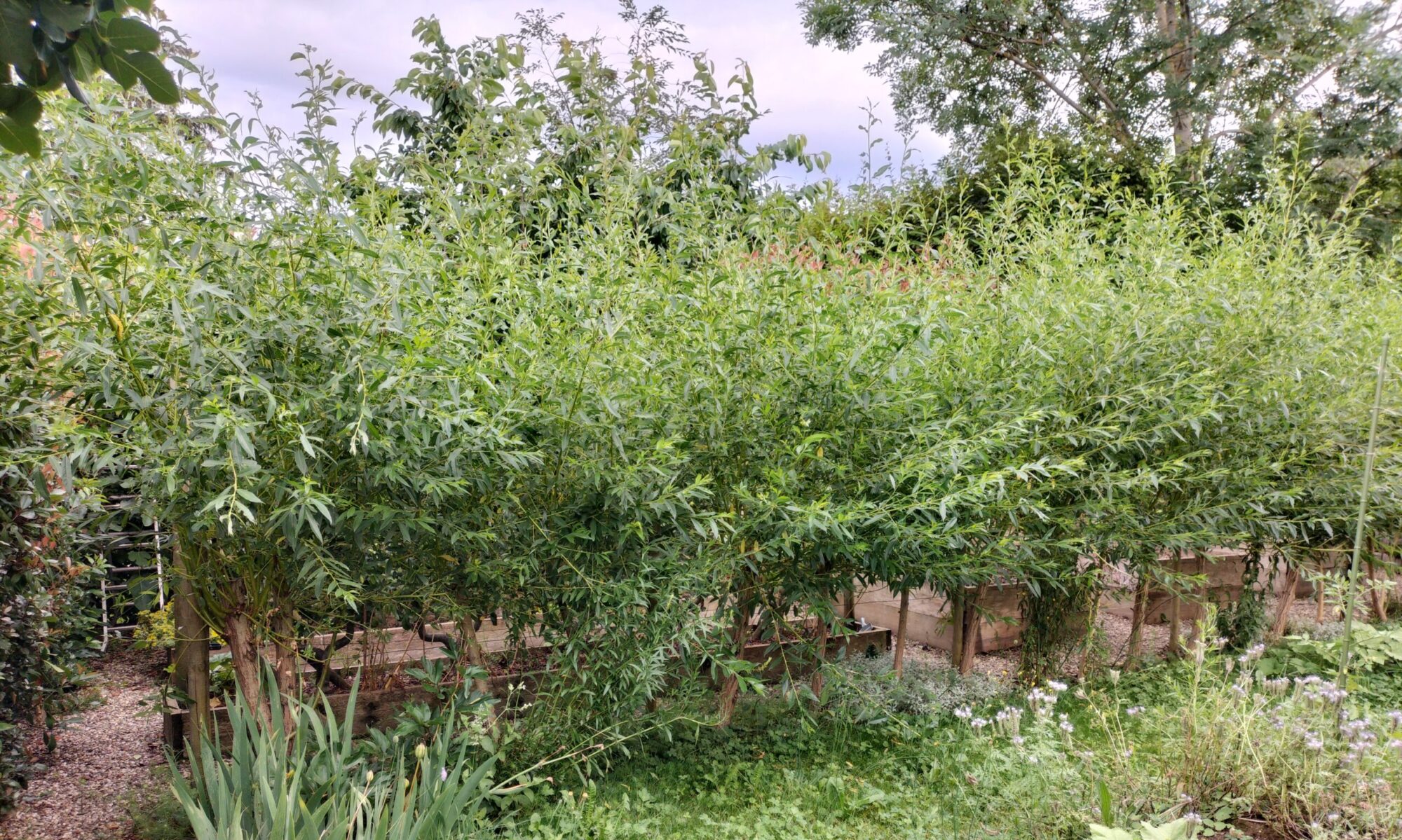
Nothing from my garden today, but a thing of beauty all the same: sweets from Tunisia!
My reading for this morning was Matthew 2:13-15, 19-23: the obvious question is, what about verses 16 to 18? This is the often-overlooked story of the slaughter of the innocents, which, while it doesn’t fit so nicely with our cosy Christmas vibe, is a powerful example of unintended consequences.
The wise men knew that a king was about to be born and so, within their operational paradigm (kings are born in places of human power), they did the obvious thing and headed straight for King Herod’s palace. This set off a chain of events that resulted in the massacre of all the toddlers and babies under two years old in the greater Bethlehem area.
Had the wise men realised that God’s power doesn’t work like that, that it is made perfect in weakness and is given away in humility to serve others, then they might have avoided the palace and found Jesus some other way. Such a change in the paradigm shift of their thinking could have avoided the tragic unintended consequences.
We are aware of our impending environmental crisis and that we must do something about it, but since we are still functioning within the same paradigm that got us into our current predicament, our ‘solutions’ often seem to end up making things worse. For example, we are aware that petrol-driven cars are problematic, but rather than radically rethinking our mobility and the factors that ‘drive’ it, we have found a solution that allows us to carry on as usual, albeit avoiding fossil fuels. However, one of the problems with electric cars is that their batteries require metals such as cobalt, lithium and rare earth elements, whose extraction comes with grave consequences for the environment and human rights.
Like the three wise men, we (myself most definitely included) need a paradigm shift in our thinking, if we are to avoid the terrible unintended consequences of our otherwise well-meaning actions.
